Why use nitinol ingots?
2024-07-19 17:57:37
Why are Industrial Nitinol Ingots crucial for manufacturing?
Industrial Nitinol ingots are crucial for manufacturing because they serve as the raw material foundation for producing Nitinol components with tailored mechanical and thermal properties. These ingots enable precise alloy composition control, ensuring consistent quality and performance in applications like medical devices, aerospace components, and consumer electronics. Their ability to undergo controlled deformation processes like hot and cold working allows manufacturers to shape Nitinol into intricate forms while maintaining its unique characteristics such as shape memory and superelasticity. This capability supports innovation and reliability in product development, contributing to advancements in various high-tech industries.
How do Nitinol Ingots enhance product durability?
Nitinol ingots enhance product durability by providing a reliable foundation for components with superior fatigue resistance and shape memory properties. These ingots enable manufacturers to create devices and parts that can withstand repeated use and deformation without compromising performance. Nitinol's ability to recover its original shape after deformation ensures longevity and reliability in applications such as medical implants and mechanical actuators. By maintaining dimensional stability and resistance to corrosion, Nitinol ingots contribute to prolonged service life and reduced maintenance, offering durable solutions that meet stringent performance requirements across diverse industries.
What are the economic benefits of using Nitinol Ingots in industry?
The economic benefits of using Nitinol ingots in industry include enhanced product efficiency and reliability, leading to reduced maintenance costs and downtime. Nitinol's unique properties, such as shape memory and superelasticity, allow for the creation of durable components that require fewer replacements over time. This longevity lowers overall lifecycle costs for manufacturers and end-users alike. Additionally, Nitinol ingots enable precise material utilization and customization, minimizing waste and optimizing manufacturing processes. These factors collectively contribute to improved operational efficiency, competitive pricing, and sustained innovation in industries ranging from healthcare to aerospace, fostering economic growth and market leadership.
In conclusion, the adoption of Nitinol Ingots in industrial applications represents a convergence of advanced materials science and practical engineering solutions. By understanding their unique properties and applications, industries can leverage these ingots to innovate and compete in a rapidly evolving global market.
References:
- "Nitinol: Properties and Applications" - ASM International
- "Shape Memory Alloys" - Cambridge University Press
- "Applications of Nitinol in Biomedical Devices" - Wiley Online Library

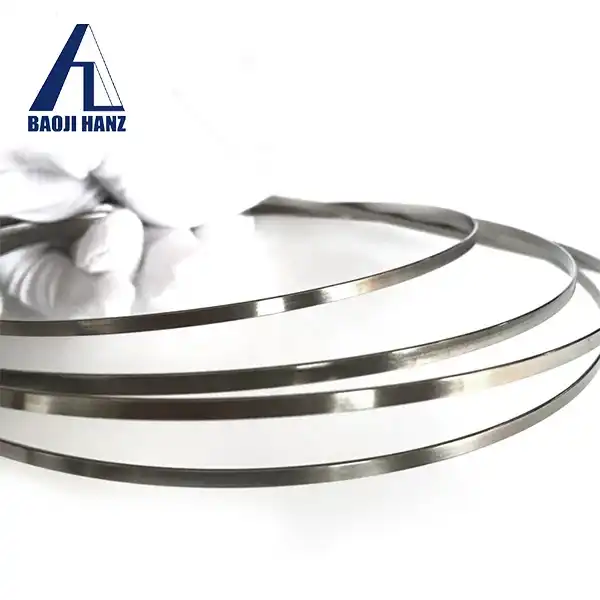
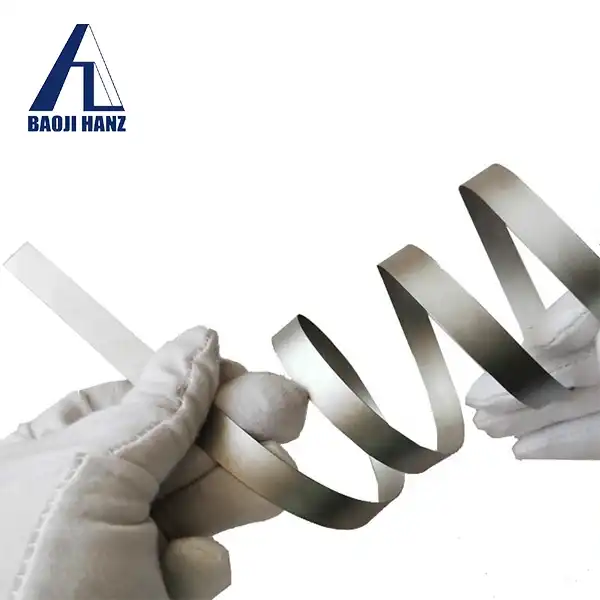
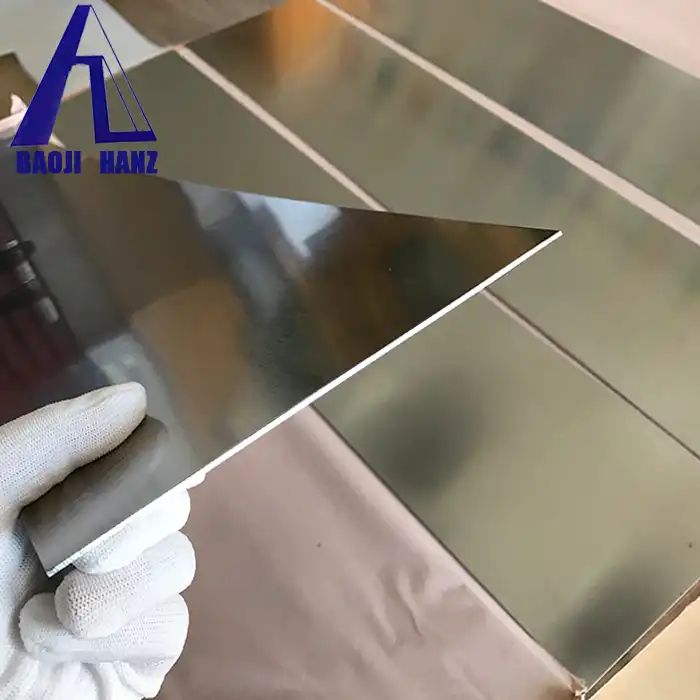
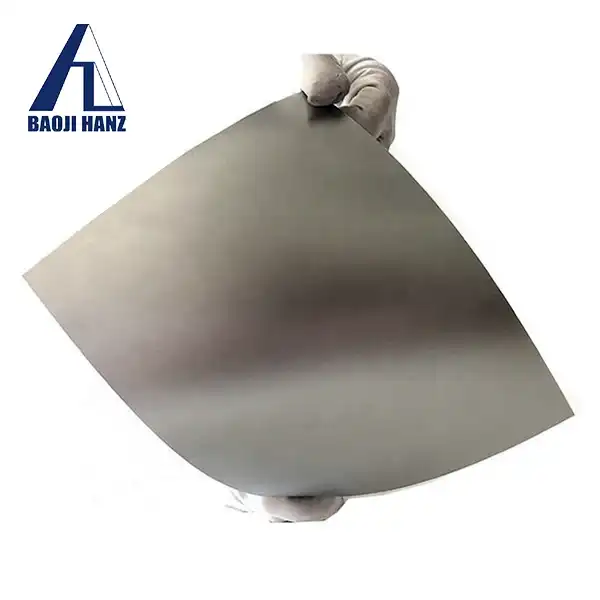
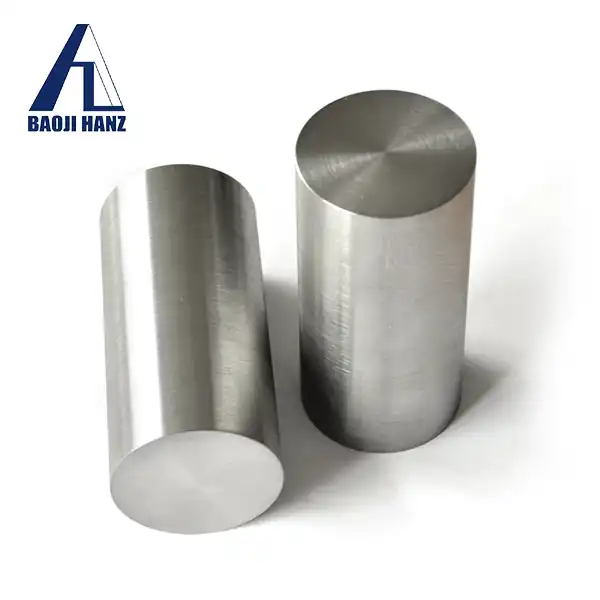
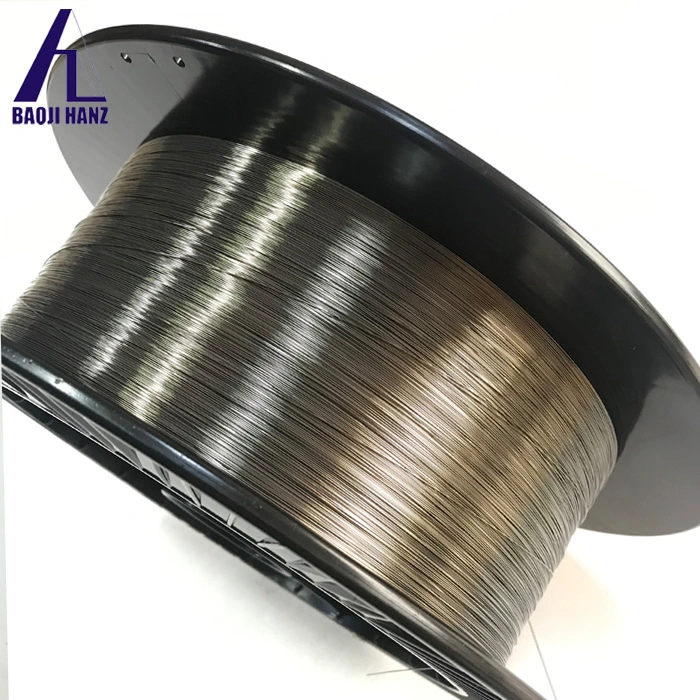
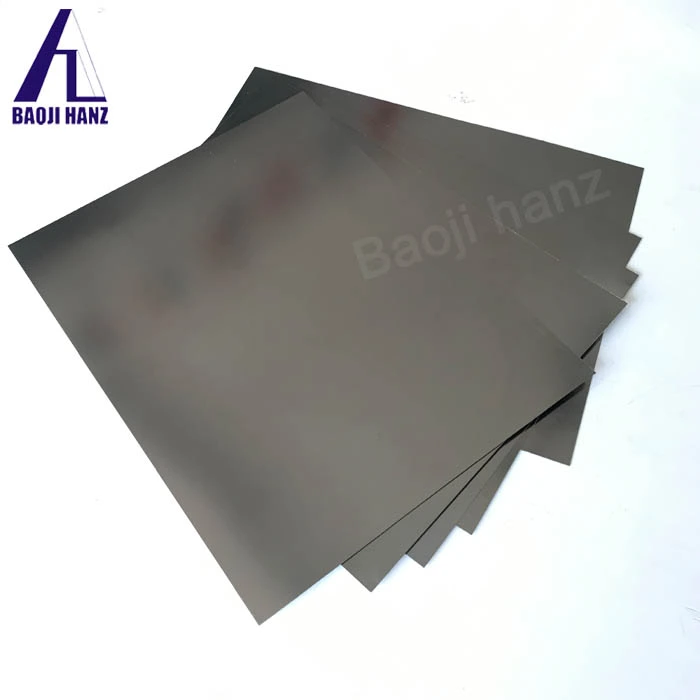
.webp)